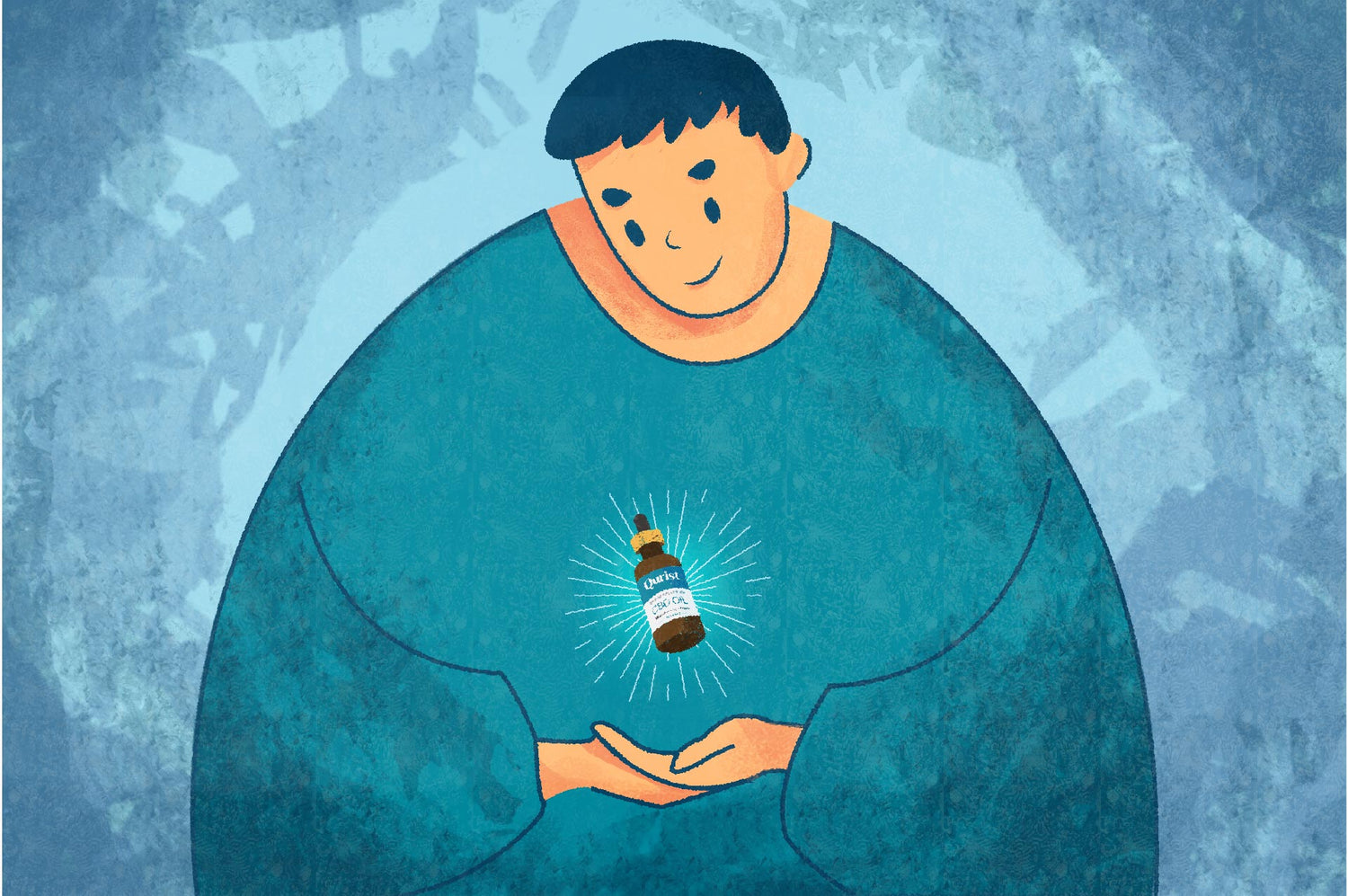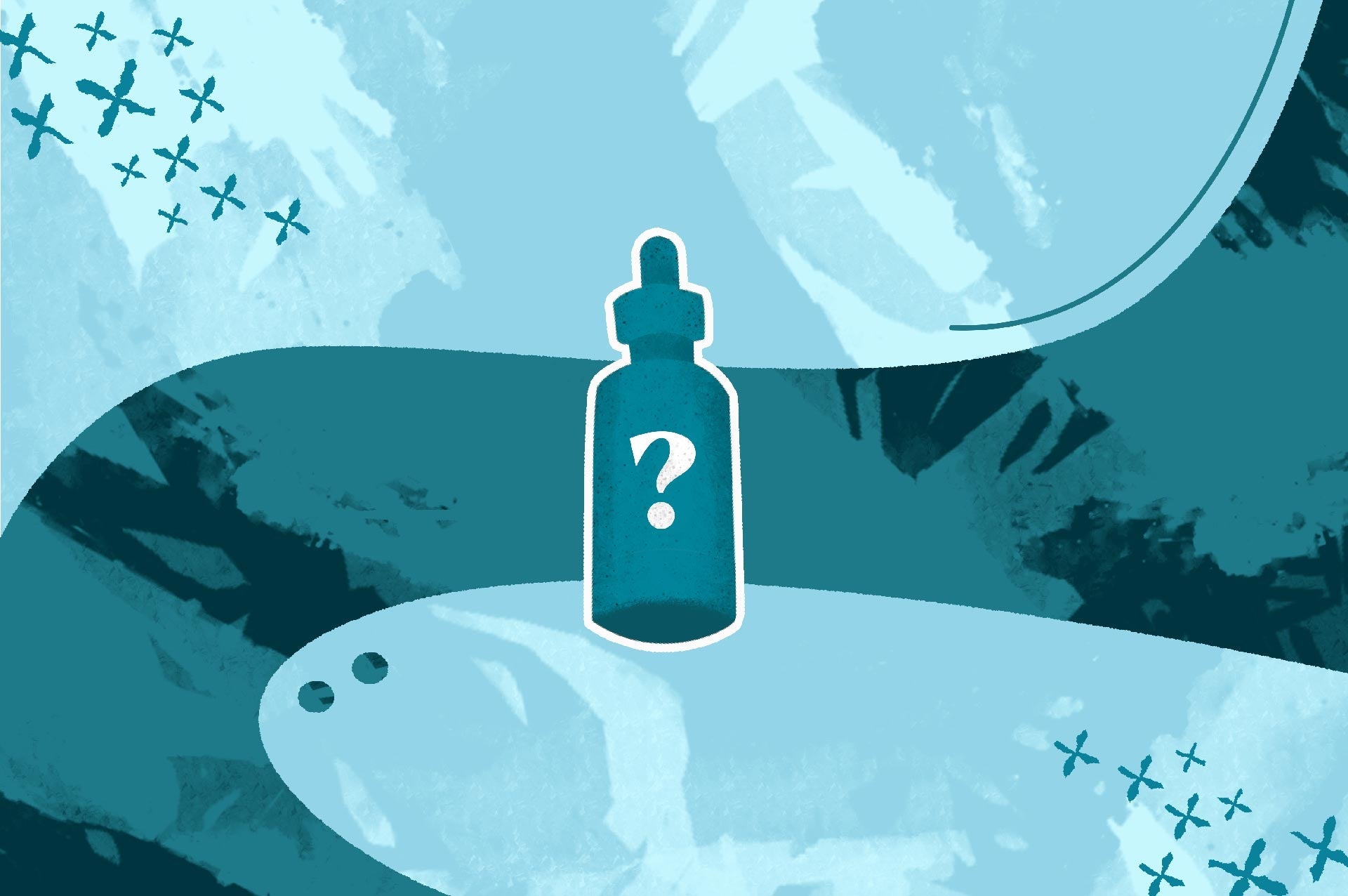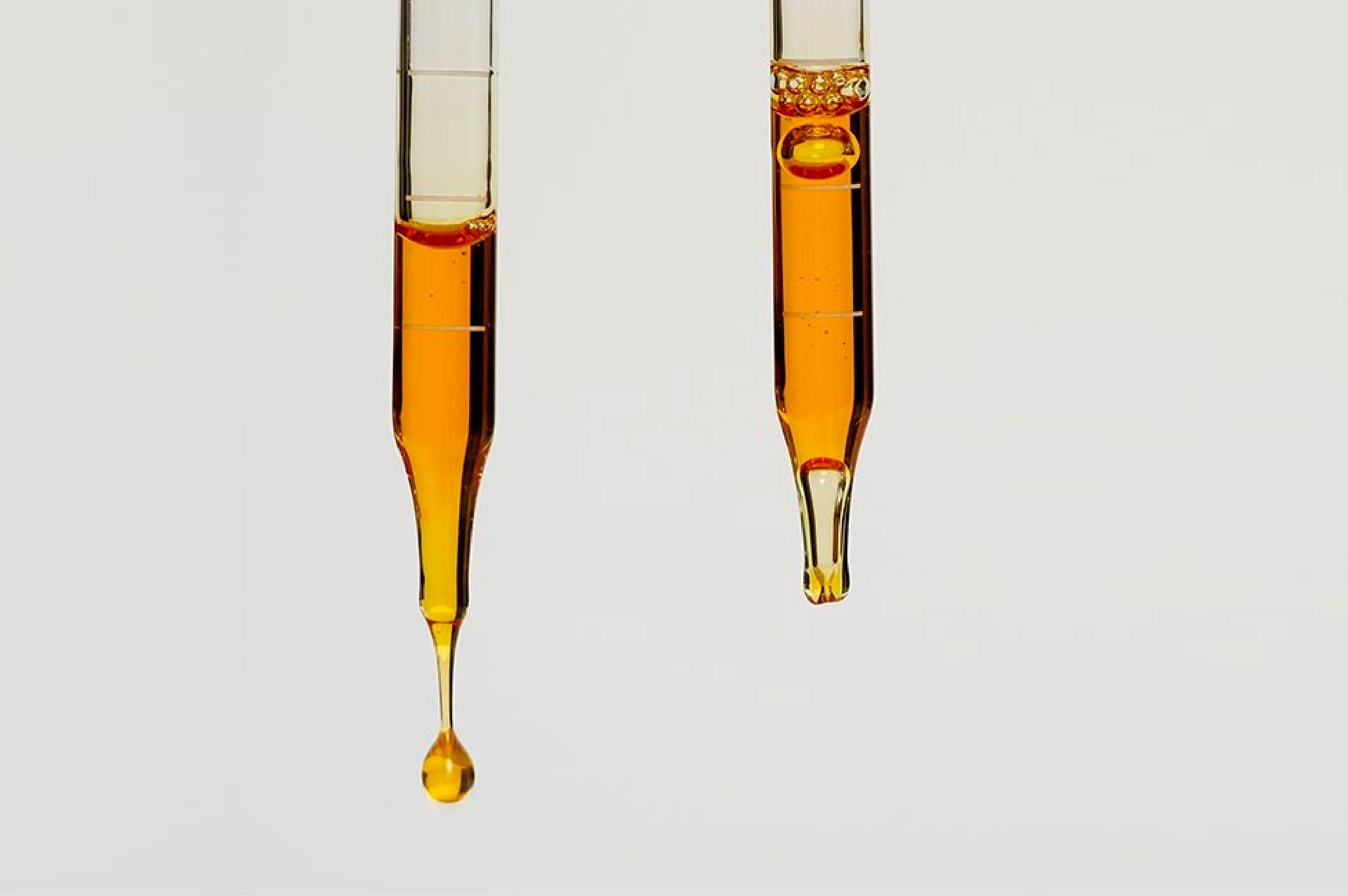Is CBD the elixir it is made out to be?
CBD is a compound found in the Cannabis Sativa species.
Hemp and Marijuana, two widely different plants, originate from this species. The plants are classified based on the THC (intoxicating and psycho-active compound) concentration present in them.
Hemp is heavily regulated by governments world-wide and has a negligible amount of THC (>0.3%), meaning one cannot get ‘high’.
Though humans have been using Cannabinoids in some form or another for centuries, we have gained a proper understanding of how they interact with our body only recently.
How Does CBD Work in the Body
CBD interacts with our body through the Endocannabinoid system (ECS). The ECS is the largest and most complex system in the human body, with receptors spanning from head to toe. It influences a wide range of functions, as it is responsible for maintaining Homeostasis (a state of balance) in the body.

The ECS also affects biological functions—including eating, sleeping, anxiety, learning and memory, reproduction, metabolism, growth, and development. Found in the nervous system, glands, immune cells, organs, the brain and even connective tissue, the ECS can pin-point areas of concern anywhere in the body and secrete endocannabinoids as required.
Recent studies observed that Cannabinoid receptors are actually the most abundant type of neuro-transmitting receptors in the brain, sparking massive amounts of research on its potential benefits for brain-related disorders.
Since the ECS functions through the nervous system, CBD is able to target neuropathic pain and nerve-related disorders for which the only other alternatives are strong allopathic medications that cause a host of side-effects.
Research About CBD Interaction in Human Body
Research has shown that when CBD bonds with the ECS receptors, it improves their capabilities, hence improving the overall functioning of the system. It is in this interaction between CBD and the endocannabinoid system that has led to dramatic advancements in holistic health. Millions of people testify to these health benefits, prompting rapid growth in scientific studies, health innovations and the CBD oil industry.
The ECS has three components: receptors, enzymes, and endocannabinoids. Receptors are found throughout the body, and are the elements which endocannabinoids connect with.
They send and receive messages transmitted by cannabinoids. The two main types of receptors are CB1 and CB2. CB1 receptors are found in the brain and spinal cord, while CB2 receptors are found in the immune system and the rest of the body.

Each receptor communicates with specific parts of the body, ensuring specialised support and recovery. Enzymes ensure that endocannabinoids recover and re-coup the body as quickly as possible.
How much CBD does your Body Need?
CBD has a very wide dosage range, depending on each individual’s level of health and severity of concern.

Dosage can be challenging because of the biphasic dose response effects- as the dosage increases it creates a stronger response up to a certain point, where after an increase in dosage results in a decrease in effects.
How your body processes CBD depends on how it is used.
The three most common ways to consume CBD are through ingestion, inhaling and topical application. Most people choose to take oral supplements (like CBD oil drops). Since the ECS can pin-point which area of the body needs recovery, topical usage on a specific area(creams, sprays etc.) does not lead to better treatment of that area, it has the same effects as when CBD is orally consumed.

The difference lies in the rate of its processing. When ingested, CBD goes through the entire digestive system, before it enters into the bloodstream.
When used topically, CBD doesn’t enter the bloodstream, but directly interacts with ECS receptors near the area it was applied. Since skin is not very permeable, this isn’t the most efficient way to use CBD.
This Article is Medically Reviewed by Dr. Parul (BAMS)
About Dr. Parul
She has knowledge of Ayurveda and 15 years of experience practicing as a general physician, She love to interact with patients, treating their various health issues, counseling them, and advising them to the best of her ability.
She has a special interest in treating pain-related issues, diabetics, and mental health-related disorders.
She is currently working with Qurist a trusted medical cannabis company.
References:
https://bit.ly/3r21uNmhttps://bit.ly/3BEzofN
https://bit.ly/3xQcAbR
https://bit.ly/3UCjThk





Leave a comment
This site is protected by hCaptcha and the hCaptcha Privacy Policy and Terms of Service apply.